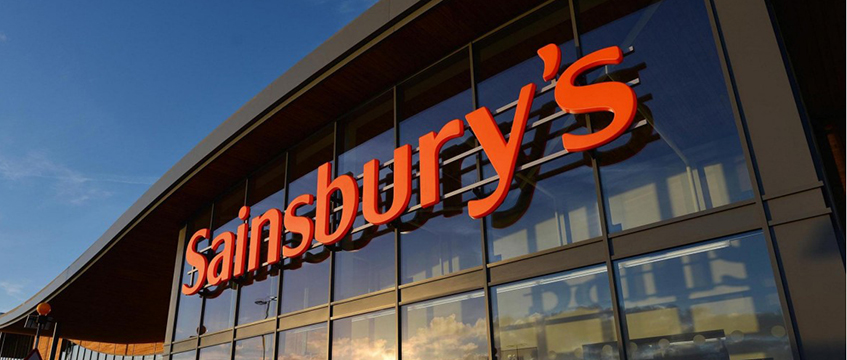CMA outlines concerns over Sainsbury’s-Asda merger
The Competition and Markets Authority has provisionally identified “extensive competition concerns” in its early findings on the proposed merger between Sainsbury’s and Asda.
One of its proposals to remedy the concerns, it said, was for the merging companies to sell off a “significant number of stores and other assets”, with the potential to remove either one of the Sainsbury’s or Asda brands.
As part of its phase-two investigation, the CMA said it has found the proposed deal could lead to a “worse experience” for the UK’s in-store and online shoppers through “higher prices, a poorer shopping experience, and reductions in the range and quality of products offered”.
The Competition and Markets Authority has provisionally identified “extensive competition concerns” in its early findings on the proposed merger between Sainsbury’s and Asda.
One of its proposals to remedy the concerns, it said, was for the merging companies to sell off a “significant number of stores and other assets”, with the potential to remove either one of the Sainsbury’s or Asda brands.
As part of its phase-two investigation, the CMA said it has found the proposed deal could lead to a “worse experience” for the UK’s in-store and online shoppers through “higher prices, a poorer shopping experience, and reductions in the range and quality of products offered”.
This would be down to a “substantial lessening of competition at both a national and local level”, with the potential merger also creating reduced competition in areas where Sainsbury’s and Asda stores overlap.
It also shared its concerns that prices could rise at a large number of Sainsbury’s and Asda petrol stations.
The CMA said its current view is that it is likely to be difficult for the companies to address the concerns it has identified.
See also: MPs slam Sainsbury’s and Asda bosses over merger
Stuart McIntosh, chair of the independent inquiry group carrying out the investigation, said: “These are two of the biggest supermarkets in the UK, with millions of people purchasing their products and services every day. We have provisionally found that, should the two merge, shoppers could face higher prices, reduced quality and choice, and a poorer overall shopping experience across the UK. We also have concerns that prices could rise at a large number of their petrol stations.
“These are our provisional findings, however, and the companies and others now have the opportunity to respond to the analysis we’ve set out today. It’s our responsibility to carry out a thorough assessment of the deal to make sure that the sector remains competitive and shoppers don’t lose out.”
The CMA has now opened the floor to responses from interested parties to its provisional findings by 13 March, and its notice of possible remedies by 6 March. The CMA’s final report will be issued by 30 April.
What Sainsbury’s said
Sainsbury’s responded:”We fundamentally disagree with the provisional findings. These misunderstand how people shop in the UK today and the intensity of competition in the grocery market.
“The CMA has moved the goalposts and its analysis is inconsistent with comparable cases.
“Combining Sainsbury’s and Asda would create significant cost savings which would allow us to lower prices. Despite the savings being independently reviewed by two separate industry specialists, the CMA has chosen to discount them as benefits.
“We are surprised that the CMA would choose to reject the opportunity to put money directly into customers’ pockets, particularly at this time of economic uncertainty.
“We will be working to understand the rationale behind these findings and will continue to make our case in the coming weeks.”
To send feedback, e-mail pui-guan.man@egi.co.uk or tweet @PuiGuanM or @estatesgazette











